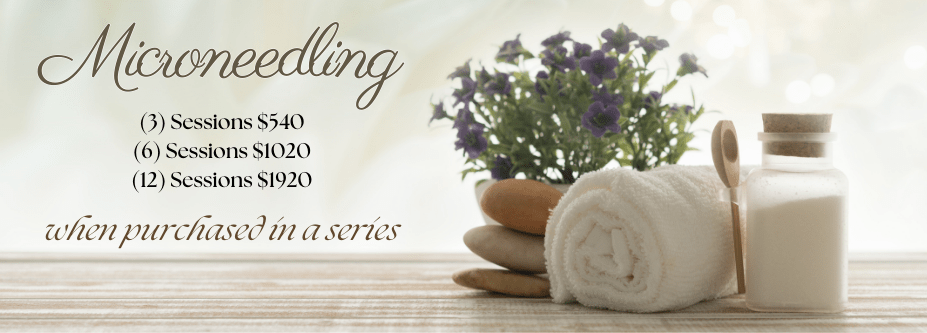Collagen helps provide healthy function, form and elasticity to our body’s various cellular structures such as our skin, muscles, bones, connective tissues, and organs. As the most abundant protein in our body (accounting for 30% of all protein), it helps encourage new skin cell growth, provides a protective covering to our organs, improves skin elasticity, and assists with blood clotting.
As we age, our body inevitably produces less collagen, and its quality diminishes as well. Men over the age of 60 and post-menopausal women tend to suffer a significant reduction of collagen synthesis. While collagen cannot be measured with a blood test, there are signs to indicate it is decreasing. Some of these signs may include wrinkling and sagging skin; hallowing around the eyes and face; atrophying and weakening of muscles; muscle aches; stiffness and loss of joint mobility; gastrointestinal problem; and blood flow issues.
There are lifestyle habits that may negatively impact our ability to properly produce collagen. These include nicotine use, consuming an excess of sugar and refined carbohydrates, and exposure to ultraviolet light. In addition to this, various diseases may harm the collagen in our body. These include autoimmune diseases such as Rheumatoid arthritis, lupus, dermatomyositis, and scleroderma. Genetic mutations like Ehler-Danlos syndrome and osteogenesis imperfecta may also damage collagen.
How do I Improve Collagen Production?
First and foremost, wear sunscreen of SPF 30 or higher. Wear stylish sunglasses with UV protection, perhaps a cool wide-brimmed hat, keep your arms and legs covered when outside on bright and sunny days and avoid tanning beds. In addition to this you can pursue healthier lifestyle habits by refraining from nicotine products and excessive alcohol consumption, properly managing your sugar and refined carbohydrate intake, and regularly eating a well-balanced diet. Consider including foods that promote the synthesis of proline, glycine and hydroxyproline (the main amino acids that make collagen) such as vitamin C, zinc, copper, and manganese. Additionally, give your body the nutrients it needs to eat by including chicken, beef, fish, dairy, eggs, beans, leafy greens, whole grains, and citrus fruits into your diet.
Experience professional-quality skincare support with Marine Collagen Booster by PureHealth Research. This doctor-approved formula combines four of nature’s most powerful yet 100% natural skin-nourishing ingredients. Marine Collagen Booster supports natural and robust skin, tissue, blood vessels, muscles and joints, gut lining, and immune system rejuvenation by reversing the aging process in tissues before long-term damage occurs.
Marine Collagen Booster’s ingredients have been proven to accelerate new skin growth, enhance blood flow, increase elasticity, and revive sun-damaged skin.


